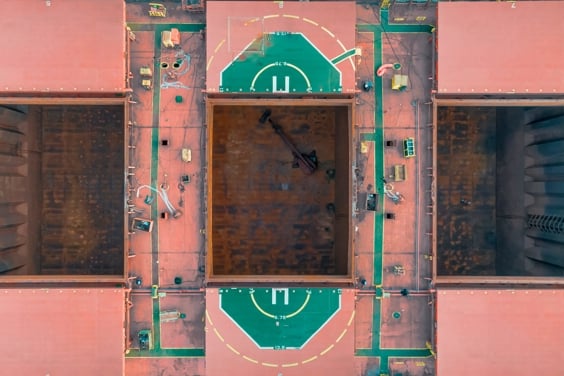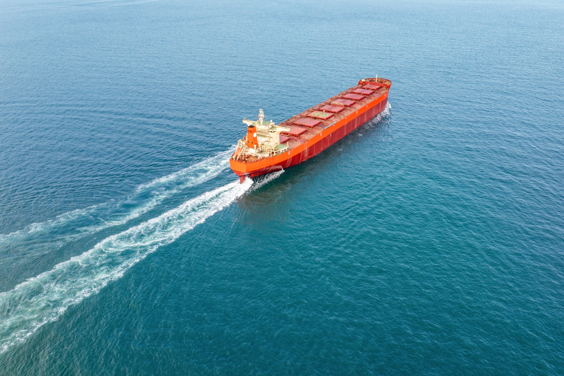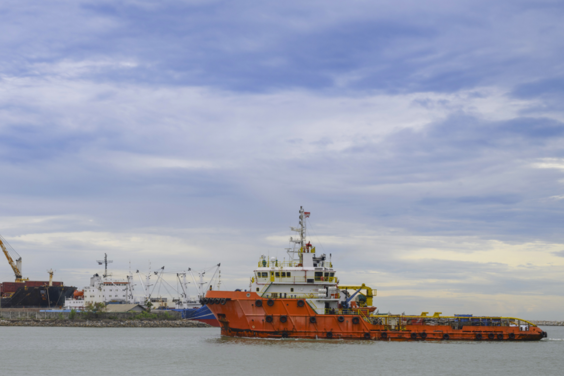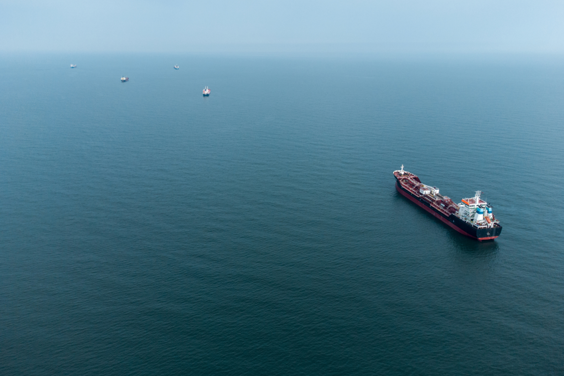Ships flying the flag of a party to the Convention, and ship recycling facilities in countries that are parties to the Convention, must comply with its requirements. The Convention aims to ensure that ship recycling is conducted in a safe, environmentally sound and responsible manner.
Applicability of HKSRC
It applies to new and existing ships of 500 GT and above engaged in international voyages. These include submersibles, floating craft, floating platforms, self-elevating platforms, floating Storage Units (FSUs), floating Production Storage and Offloading Units (FPSOs); and a vessel stripped of equipment or being towed.
Exceptions are warships, naval auxiliary and ships used for government non-commercial service.
Key Requirements
1. Inventory of Hazardous Materials (IHM)
New ships must have an approved IHM onboard at delivery and hold valid HKSRC certification. “New ships” means a ship:
-
For which the building contract is placed on or after 26 June 2025; or
-
In the absence of a building contract, the keel of which is laid or which is at a similar stage of construction on or after 26 December 2025; or
-
The delivery of which is on or after 26 December 2027.
Existing ships (from 26 June 2030) must develop and maintain an IHM throughout their operational life and hold valid IHM HKSRC certification.
NOTE: HKSRC certification requirements is in addition to any EU Ship Recycling Regulation and UK Ship Recycling Regulation certification requirements.
2. Final Survey & Certification:
Ships destined for recycling must undergo a Final Survey and obtain an International Ready for Recycling Certificate prior to the commencement of recycling.
3. Ship Recycling Facilities
Must be authorised and hold a Document of Authorisation for Ship Recycling (DASR).
Interplay of recycling regulations
From 26 June 2025, there will be two global regulations with implications for the recycling of ships at the end of their life:
-
HKSRC 2009
-
Basel Convention
The Basel Convention controls transboundary movements of hazardous waste and its disposal, requiring prior informed consent of waste export from receiving countries. Ships compliant with the HKSRC may still breach Basel rules if making a final voyage to go to a recycling facility in any country that is not a member of the Organisation for Economic Co-operation and Development (OECD). Therefore, there is currently a degree of legal uncertainty regarding the interplay of these two requirements and clarification is needed as to which will take precedence.
In the interim, the IMO has published:
-
HKSRC.2/Circ.1 – Provisional guidance on the implementation of the Hong Kong and Basel Conventions with respect to the transboundary movement of ships intended for recycling.
-
A set of FAQs on the subject.
How we can support you
LR can help you navigate compliance with the HKSRC through a wide range of tailored services, including:
-
IHM Part I Certification: Including access to LR’s approved service suppliers, who can help you with IHM compilation, and issuance of the International IHM Certificate.
-
Final Survey & Ready for Recycling Certification: Including conducting the Final Survey before recycling and issuing the International Ready for Recycling Certificate.
-
Ship Recycling Facility Certification: Acting on behalf of competent authorities (where authorised) to certify ship recycling facilities in accordance with the HKSRC requirements.
-
Ship Recycling Facility Advisory services: Including guidance for shipowners, operators and recycling yards on HKSRC obligations.
For further information
If you would like more details or need support, please contact:
- StatutorySupport@lr.org for IHM and Final Survey certification services
- cap-mumbai@lr.org for Ship Recycling Facility Advisory Services









